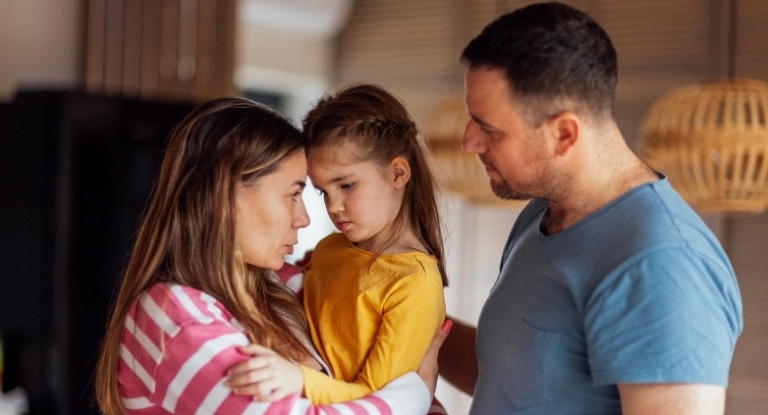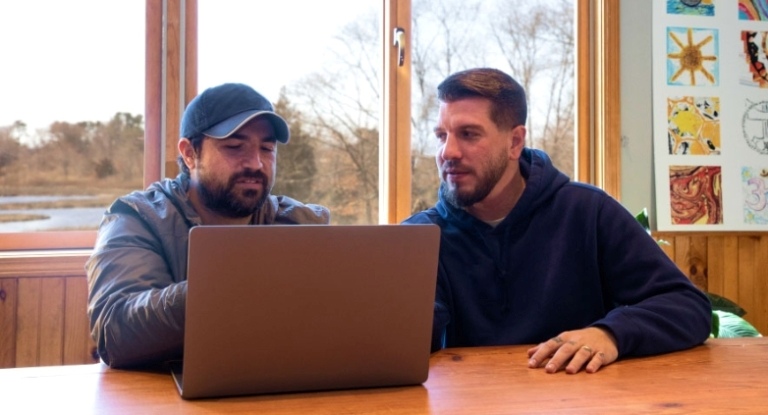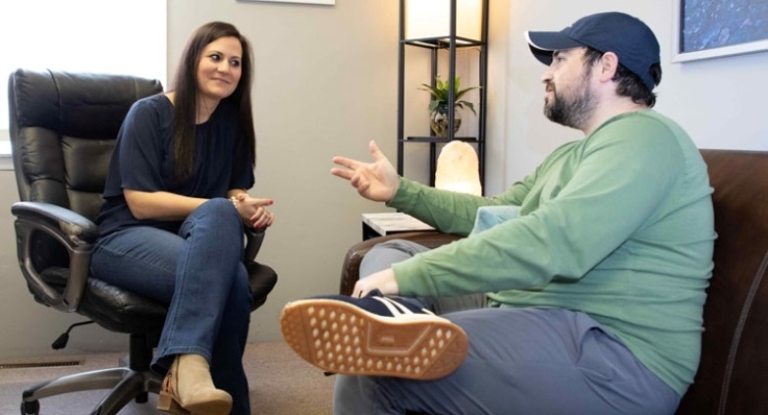Support Groups for Families of Addicts – Find Hope & Healing in CT
Standing on the sidelines of a loved one’s addiction is often a lonely, exhausting, and silent battle. In Connecticut, families in 2026 are increasingly recognizing that they cannot “fix” the addiction alone, but they can transform their own lives and influence their loved ones toward recovery. Support groups for families of addicts provide more than […]











